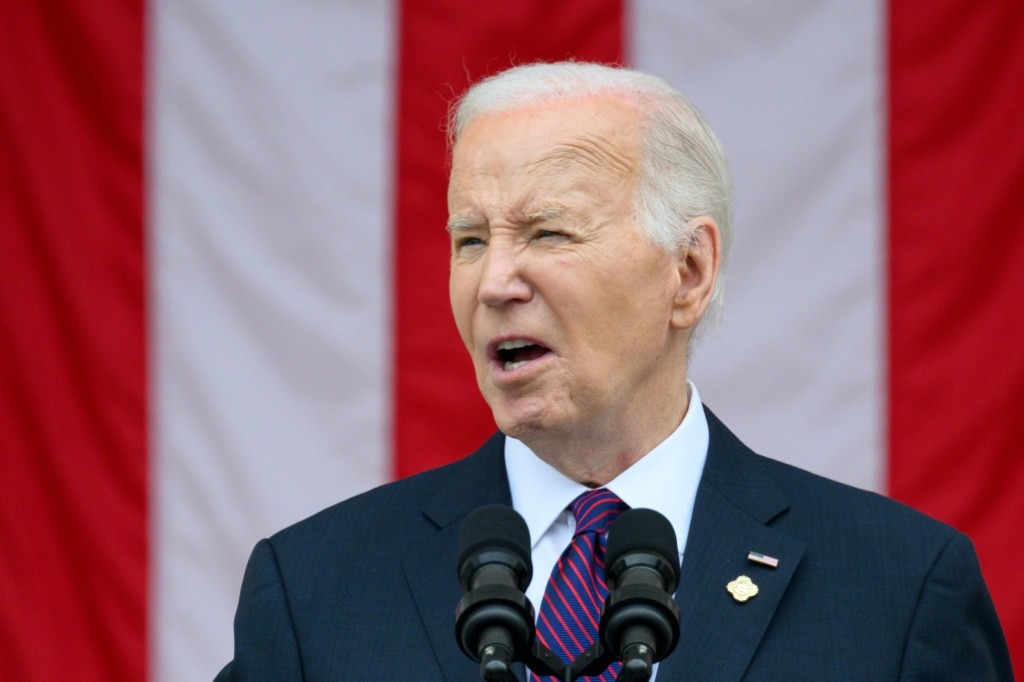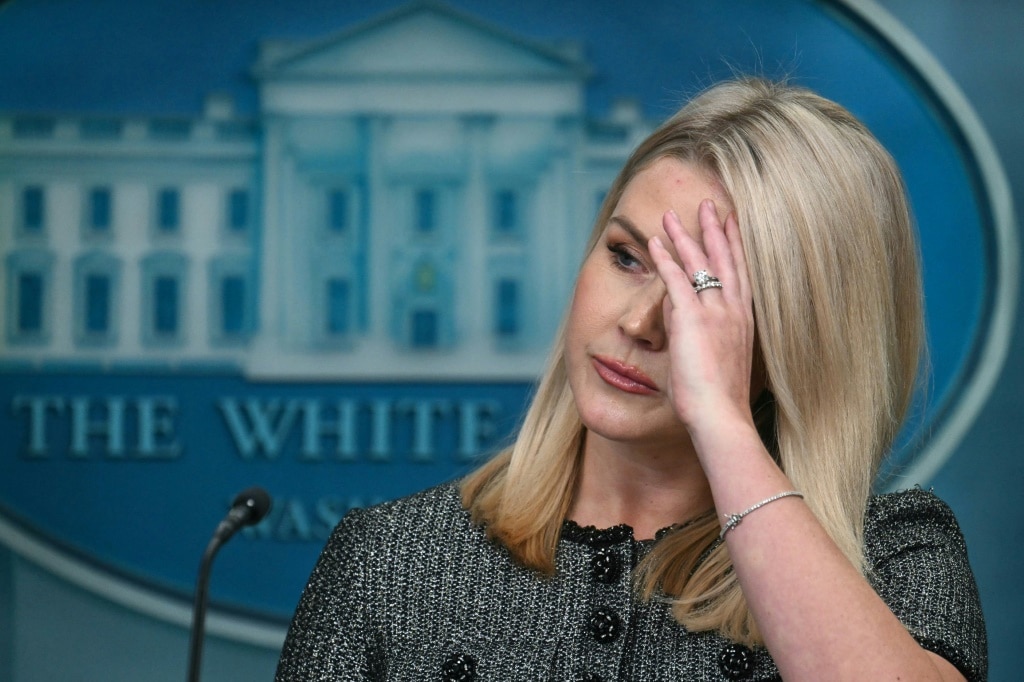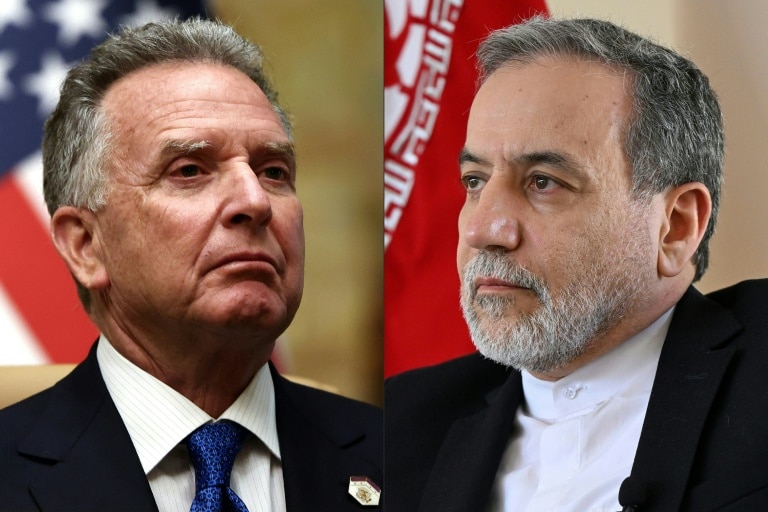Biden's blurred red lines under scrutiny after Rafah carnage
Biden's blurred red lines under scrutiny after Rafah carnage

Joe Biden's red lines over Israel's assault on Rafah have kept shifting, but the US president faces growing pressure to take a firmer stance after a deadly strike in the Gazan city.
Despite global outrage over the attack in which 45 people were killed, the White House insisted on Tuesday that it did not believe Israel had launched the major operation that Biden has warned against.
John Kirby, the US National Security Council spokesman, said that Biden had been consistent and was not "moving the stick" on what defined an all-out military offensive by key ally Israel.
But Biden faces a difficult balancing act both domestically and internationally over Gaza, especially in a year when the 81-year-old Democrat is locked in an election battle with Donald Trump.
"Biden wants to appear tough on Rafah, and has really tried to be stern with (Israeli Prime Minister Benjamin) Netanyahu, but in an election year, his red lines are increasingly blurred," Colin Clarke, director of research at the Soufan Group, told AFP.
"I think he'll continue shifting those lines, ducking and weaving, largely in response to events on the ground."
- 'Smash into Rafah' -
Facing US campus protests over his support for Israel, Biden said earlier this month that he would not supply Israel with weapons for a major military operation in Rafah, and he halted a shipment of bombs.
Yet he has since taken no action even as Israel has stepped up air attacks and, as of Tuesday, moved tanks into central Rafah.
Instead, the White House has largely retreated to arguing about what does, and does not, constitute an invasion.
National Security Advisor Jake Sullivan said last week there was "no mathematical formula" and said that "what we're going to be looking at is whether there is a lot of death and destruction."
At the White House on Tuesday, his colleague Kirby faced intense questioning over the Israeli strike, which sparked a fire at a displaced persons camp in which dozes of people burned to death.
Kirby said the deaths were "heartbreaking" and "horrific" but again said there would be no change in policy towards Israel.
"We have not seen them smash into Rafah," he said.
"We have not seen them go in with large units, large numbers of troops, in columns and formations in some sort of coordinated maneuver against multiple targets on the ground."
But internationally the pressure is growing on Biden, a self-described Zionist who has stuck by Netanyahu despite deep disagreements since the war began with the October 7 Hamas attack.
Questions are mounting over how long the United States can tolerate an Israeli assault on Rafah when the International Court of Justice -- the UN's top court, of which both the US and Israel are members -- ordered it to stop.
- 'Balancing act' -
Political pressure is also mounting on Biden at home.
Protests against his support for Israel have roiled university campuses across the United States, while many on the left wing of his Democratic Party also oppose his stance.
Republicans however have assailed Biden over what they say is his faltering support for Israel, with US House Speaker Mike Johnson inviting Netanyahu to address Congress.
"It is indeed a difficult balancing act," Gordon Gray, a former US ambassador who is now a professor at George Washington University, told AFP.
"Threading the proverbial needle -- as the Biden administration is apparently seeking to do -- will only disappoint voters who feel strongly about the issue one way or another."
Gray however said he believed Biden's decades-old support for Israel meant he would unlikely change his position, saying he was a "rare politician who is acting out of genuine conviction rather than for his own electoral benefit."
dk/bjt



